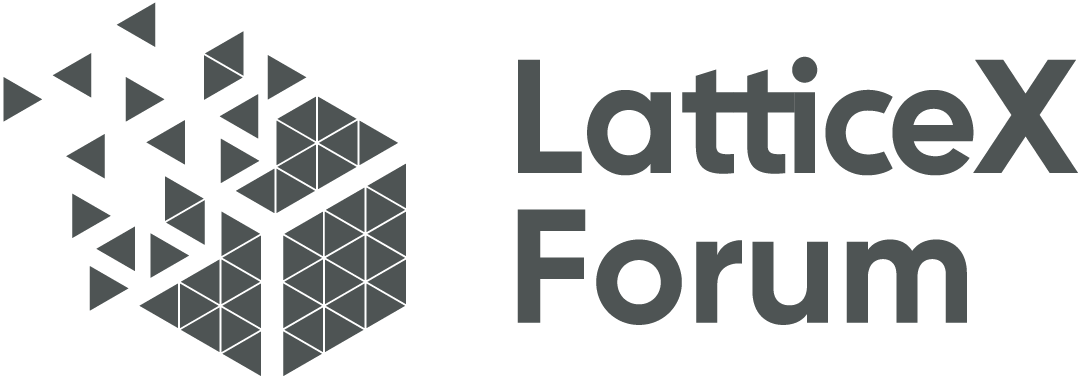Artificial Intelligence and Blockchain, Privacy Computing(PlatON)
Blockchain, privacy computing, and AI affect and act on data in different ways. The combination of these technologies can elevate the utilization of data to new levels, while enhancing the infrastructure of blockchain and enhancing the potential of AI.
-
The consensus algorithm of blockchain can help agents in decentralized artificial intelligence systems collaborate to complete tasks. For example, in the field of intelligent transportation, artificial intelligence is the “brain” behind countless autonomous vehicles, which require mutual trust and cooperation to achieve common goals. Artificial intelligence systems have no mechanism to ensure that consensus can be reached between these autonomous vehicles in a trustworthy manner. Of course, the collaboration of these autonomous vehicles can rely on trusted third parties, which will expose the public to security and privacy issues.
-
The intersection between artificial intelligence and cryptoeconomics is indeed a very interesting and promising field. Cryptoeconomics combines the principles of blockchain technology and cryptography to build a decentralized, trustworthy, and secure economic system. Artificial intelligence, on the other hand, is a theory and technology that simulates human intelligence and has great potential in handling complex data and problems. When artificial intelligence is combined with cryptoeconomics, it can generate many interesting and beneficial applications and effects:
① Data monetization: Through blockchain technology, individuals can own their own data ownership and engage in data transactions in the form of cryptocurrency. This data monetization model gives individuals greater control over data and also provides artificial intelligence with more and higher quality data sources, thereby improving the quality and performance of artificial intelligence models.
② Motivating broader participation: The smart contract technology of blockchain can establish incentive mechanisms to encourage more people to contribute to data, algorithms, and computing power. Through the automation of smart contract execution and the reward mechanism of digital currency, it can promote wider data sharing and cooperation, and promote the development and optimization of artificial intelligence models.
③ Creating more efficient artificial intelligence models: Combining blockchain and artificial intelligence can build more efficient, secure, and transparent artificial intelligence models. The immutability and transparency of blockchain technology can ensure the security and credibility of data, while the execution mechanism of smart contracts can make collaboration more efficient and convenient.
- Blockchain can make AI more coherent and easy to understand. All data, variables, and processes used in AI training and decision-making processes have immutable records that can be tracked and audited.
① Data consistency: Blockchain technology ensures the consistency and immutability of data, making the training and decision-making process of artificial intelligence more credible and reliable. In the training process of artificial intelligence, data, variables, and processes are all crucial factors. Blockchain can ensure that this information is accurately recorded and verified, making the entire training process more transparent and trustworthy.
② Auditability: The public transparency of blockchain enables complete recording and verification of transaction records for each participant. This means that all data, variables, and processes used in the decision-making process of artificial intelligence training can be tracked and audited, thereby enhancing the transparency and credibility of the decision-making process.
③ Reducing trust costs: The decentralized nature of blockchain can reduce trust costs, eliminating the need for participants to rely on third-party institutions for data verification and trust building. This makes the application of artificial intelligence more widespread and widespread, without worrying about trust issues.
- Artificial intelligence models require massive amounts of high-quality data for training and optimization, while data privacy and regulation hinder effective data sharing. Blockchain and privacy computing technologies can achieve privacy and security controls required for compliance, promoting data sharing and value exchange.
